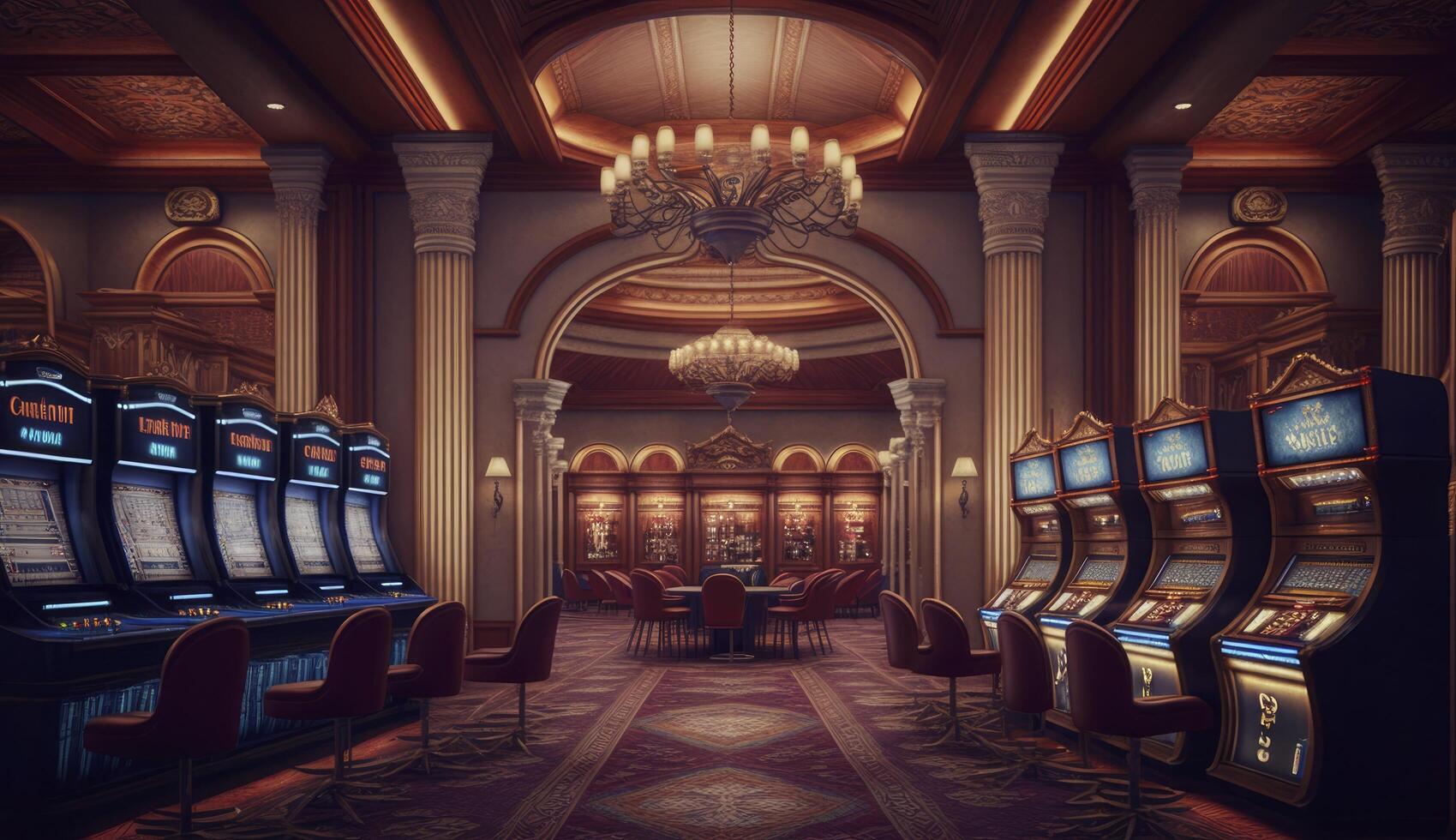
Casino experiences have long captured the fascination of humans around the world, becoming an essential part of both leisure and tradition. From the sparkling lights of the Vegas Strip to the captivating experience of online gaming, these activities evoke excitement, uncertainty, and sometimes even a sense of nostalgia. They are more than just hobbies; they have woven themselves into the tapestry of our lives, influencing everything from film and songs to clothing and literature.
The appeal of casino games surpasses the betting aspect, tapping into broader themes of serendipity, chance, and psychology. As players assemble around a poker table or rotate the wheel of fortune, they engage in an ancient ritual that echoes with our communal desire for thrill and uncertainty. This captivation has led to the growth of many references in films, songs, and gaming, showcasing how strongly entrenched these games are in popular culture. Whether it is the intense drama of a classic caper or the colorful nightlife portrayed in music videos, casino games have established a substantial niche that reflects our relationship with reward.
Historical Impact of Gambling Games
Casino activities have played a pivotal role in cultural aspects throughout the ages. Stemming from old civilizations, forms of chance were often connected to ceremonies or gatherings. For example, early forms of these activities can be traced back to ancient Chinese and the Roman Empire, where dice games and wagering on results were common pastimes. These activities not only functioned as entertainment but also as methods of connecting people, facilitating connections among people within communities.
As cultures evolved, so did the sophistication and structure of casino games. The establishment of official casinos in the 17th century, particularly in the Italian region, marked a major shift in how games were perceived and structured. With specific spaces for gaming, the casino became a social hub where people from different backgrounds gathered. This evolution contributed to the validation of the industry, transforming it from a mere pastime into an established industry that shaped the economy and regulations.
The effect of gambling activities on popular culture cannot be understated. As they were popularized in books and movies, games such as Texas Hold’em and blackjack became symbols of chance, chance, and strategy. Iconic figures and narratives have developed around these activities, illustrating societal views towards fortune, prosperity, and vice. This interest with casino games has permeated various forms of media, cementing their place in the collective consciousness and linking them to wider cultural stories throughout the ages.
Depiction of Gambling Activities in Media
Casino activities have long been a popular topic in various forms of media, reflecting both the fascination and intricacies of gambling culture. Films such as Ocean’s Eleven and Casino Royale portray characters who navigate high-stakes environments, showcasing not only the appeal of the casino atmosphere but also the methods and decisions that come with playing popular games like poker and blackjack. These movies often dramatize the excitement of winning and the potential consequences of losing, encapsulating the perils involved in gambling.
Television shows have also explored the realm of casino games, often integrating them into the storyline as a setting for character arcs and tension. Shows like Las Vegas depict the experiences of gambling employees and customers, highlighting the lively, often tumultuous energy of the gaming floor. Docuseries featuring high-stakes gambling competitions further emphasize the fascination of casino games, drawing viewers into the drama and tactics involved in each game. Through these portrayals, media not only amuses but also stimulates conversations about luck, skill, and the essence of chance.
Digital games have increasingly integrated casino games into their development, allowing players to experience the feeling of gambling without financial exposure. Games within the domain of digital gaming often include online slot machines, poker, and other casino favorites, creating an immersive gameplay that mirrors real-life gameplay. These virtual portrayals make casino games accessible to a global audience, appealing to both players who indulge and those who enjoy the rush of virtual experiences. As a result, the portrayal of gambling activities in entertainment continues to shape cultural attitudes and importance, highlighting their place in entertainment and social context. atk777
Effect of Gambling Activities on Communities
Casino games have a meaningful effect on communities, affecting various aspects of societal norms and interpersonal behavior. They often function as a platform for social interaction, where people come together to enjoy a shared experience. Game nights with friends or trips to casinos become social activities that foster connections and create shared moments. This collective aspect boosts the entertainment value of casino games, making them a favored choice for celebrations and recreational pursuits.
Additionally, gambling activities have been depicted in countless films, television shows, and written works, influencing perceptions and opinions towards gambling and gaming. Icons like James Bond playing baccarat or the high-stakes poker scenes in films have cemented these games in the collective imagination. This representation often glamorizes the culture associated with gambling, attracting new players and impacting trends in both style and behavior. These representations can ignite curiosity and lead to a deeper exploration of the intricacies of gaming.
However, there are also adverse consequences linked to the widespread appeal of gambling activities. The temptation of quick monetary gain can lead to gambling addiction and economic troubles for some people. Society must grapple with these issues, advocating for responsible gaming and education of the risks involved. Balancing the fun aspect of gambling activities with the potential for harm is crucial to ensure that they remain a beneficial aspect of our societal fabric.
